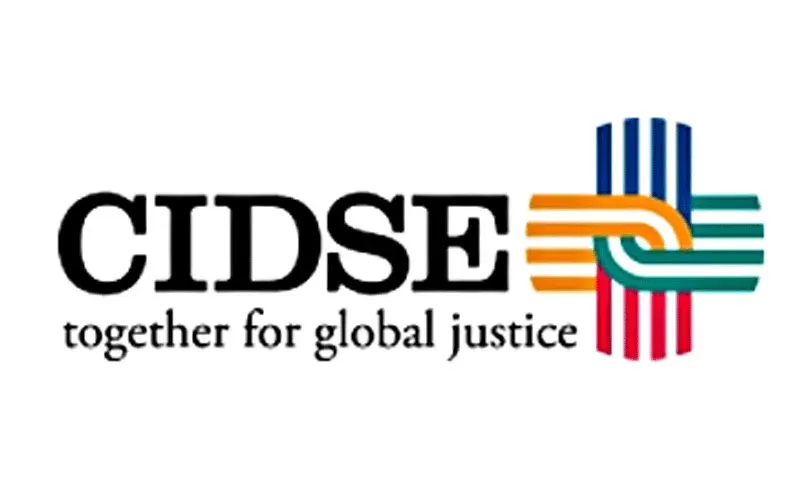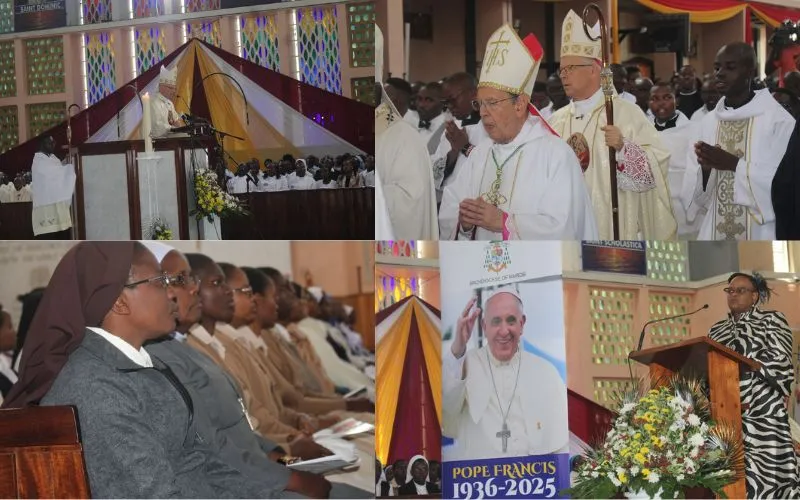Such policies, they say, should be implemented while prioritizing people and not markets by full engagement and consent of indigenous peoples and local communities.
In their statement the CIDSE officials address a variety of other climate issues intervention efforts post-COVID-19, the situation of Nationally-Determined Contributions (NDCs), just energy transition, climate finance and carbon markets.
The officials also addressed climate and agriculture and the Paris rule book, which they said should address human rights issues.
“Acknowledging that climate change is a common concern of humankind, parties should, when acting to address climate change, respect, promote and consider their respective obligations on human rights, the right to health, the rights of indigenous peoples, local communities, migrants, children, persons with disabilities and people in vulnerable situations and the right to development, as well as gender equality empowerment of women and intergenerational equity,” they say.
The Catholic leaders note that human rights violation happens as finance institutions and companies that implement the projects place profit over rights and community consent because of inadequate policies, or failure to implement the correct policies.
(Story continues below)
They note that a rulebook without the consideration of human rights cannot provide guidelines for ensuring that the Paris framework is implemented fairly and effectively using robust monitoring and accounting processes.
Commenting on the climate issues post-COVID-19, CIDSE officials say, “The current health crisis should not be used as an excuse to continue allowing any fossil fuel subsidies, unsustainable largescale production and consumption of goods and services and debt increases.”
They say that responding to the climate and health crises requires a climate resilient response and recovery, adding, “We believe that massively investing in a just transition to clean and renewable energy sources is crucial to achieving a just recovery.”
“Our survival depends on an inclusive economy that actively promotes healthy and thriving ecosystems and protects human rights as well as the dignity of all people,” the CIDSE members say.
The officials of the 45-year-old Belgium-based alliance of Catholic agencies also call for the scaling up of support for developing countries, a move they say will shift to renewable energy systems.
The officials said that the richest 1 percent of the world's population accounted for double the share of the total emissions of the lowest 50 percent during the 1990–2015 period, adding that this is the population that should take the lead in efforts to reduce emissions.
“As the concentration of greenhouse gases in the atmosphere continues to rise, historical polluters…bear the greatest responsibility and have the greatest means to rapidly reduce emissions,” the CIDSE officials say.
They add, “Industrialized nations have a moral and legal responsibility (under the UNFCCC and the Paris Agreement) to go beyond global average efforts in reducing their emissions in light of their historical responsibility, and a duty to support developing nations to implement their own Nationally-Determined Contributions (NDCs).”
On climate and agriculture, the officials note that a deep transformation of agriculture and food systems is required to meet the long-term goal of 1.5°C and to contribute to the full realization of the right to food.
“At CIDSE, we strongly believe that agroecology and its principles, when firmly rooted in food sovereignty and climate justice, are the way to move away from a model that threatens present and future agricultural production and food security,” they say.
CIDSE officials note that the next COP26 and the negotiation sessions leading towards it will have to deal with several long-term decisions regarding international climate finance.
Such decisions, CIDSE leadership says, will include the financial support provided by wealthy nations to developing nations to support their respective climate change actions.
Agnes Aineah is a Kenyan journalist with a background in digital and newspaper reporting. She holds a Master of Arts in Digital Journalism from the Aga Khan University, Graduate School of Media and Communications and a Bachelor's Degree in Linguistics, Media and Communications from Kenya's Moi University. Agnes currently serves as a journalist for ACI Africa.








